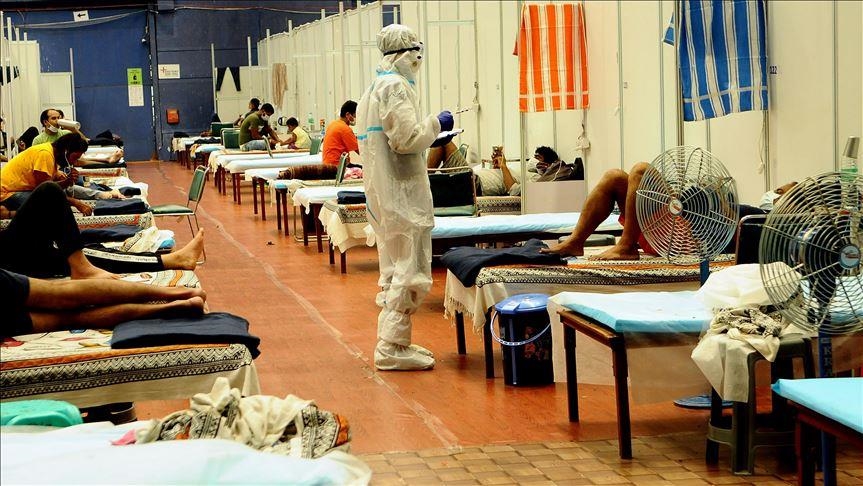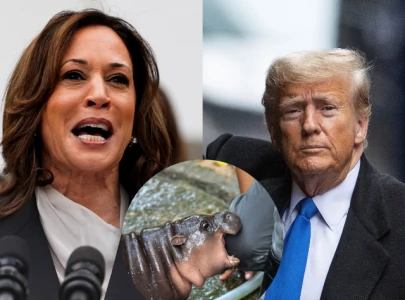
After days of steady decline, several states in India are seeing a spike in Covid-19 cases, the country’s Health Ministry said on Saturday.
“There has been a rise in daily cases in Kerala, Maharashtra, Punjab, Chhattisgarh and Madhya Pradesh,” read a ministry statement.
The western state of Maharashtra, one of India’s most populous regions, recorded 6,112 new cases over the past day.
“In the past week, Maharashtra has exhibited a spike in the number of daily new cases, accounting for the highest number of daily new cases in the country today,” the Health Ministry said.
In a bid to stem the alarming spike, the Maharashtra government has vowed stricter enforcement of safety rules, saying that citizens who violate home isolation orders or guidelines for weddings and other public gatherings will face prosecution.
In the northern Punjab state, daily infections shot up to 383 on Saturday, from an average of around 200 over the past week.
The southern Kerala state reported 4,505 new infections over the past day, while the daily case figure in Chhattisgarh and Madhya Pradesh stood at 259 and 297, respectively, according to latest figures.
3rd wave a possibility
India’s daily infections were over 90,000 back in September but has been brought down to less than 15,000 in recent days.
As of Saturday, the country’s overall count stands at nearly 11 million, including 156,212 deaths and over 10.6 million recoveries.
The new spike in infections has coincided with India’s announcement earlier this week that it has found cases of the Covid-19 variants that were first detected in South Africa and Brazil.
Experts have warned that the government’s move to relax restrictions could backfire.
Following a nationwide lockdown imposed last March, India started resuming economic activities in a phased manner from June.
Vaccinations in the country of over 1.3 billion started in mid-January and over 10.7 million doses have been administered to date, according to official data.
“People have to keep following measures such as using masks and social distancing. The government also needs to increase surveillance,” Dr. Digambar Behera, a chest specialist in India, told Anadolu Agency.
Himanshu Sikka, a member of IPE Global, an international health care development consultancy, said the virus surge in parts of India is “a harsh reminder” of the need for caution.
“This is a harsh reminder that we are still very much in the pandemic and facing new challenges of foreign and now possibly local variants of the virus,” he said.
“We would possibly see a third wave if drastic measures to increase awareness among people are not taken. Focus has to be on prevention measures and social distancing, as vaccines may help in the medium term.”



1730752226-0/Untitled-design-(35)1730752226-0-165x106.webp)











1730706072-0/Copy-of-Untitled-(2)1730706072-0-270x192.webp)
COMMENTS
Comments are moderated and generally will be posted if they are on-topic and not abusive.
For more information, please see our Comments FAQ